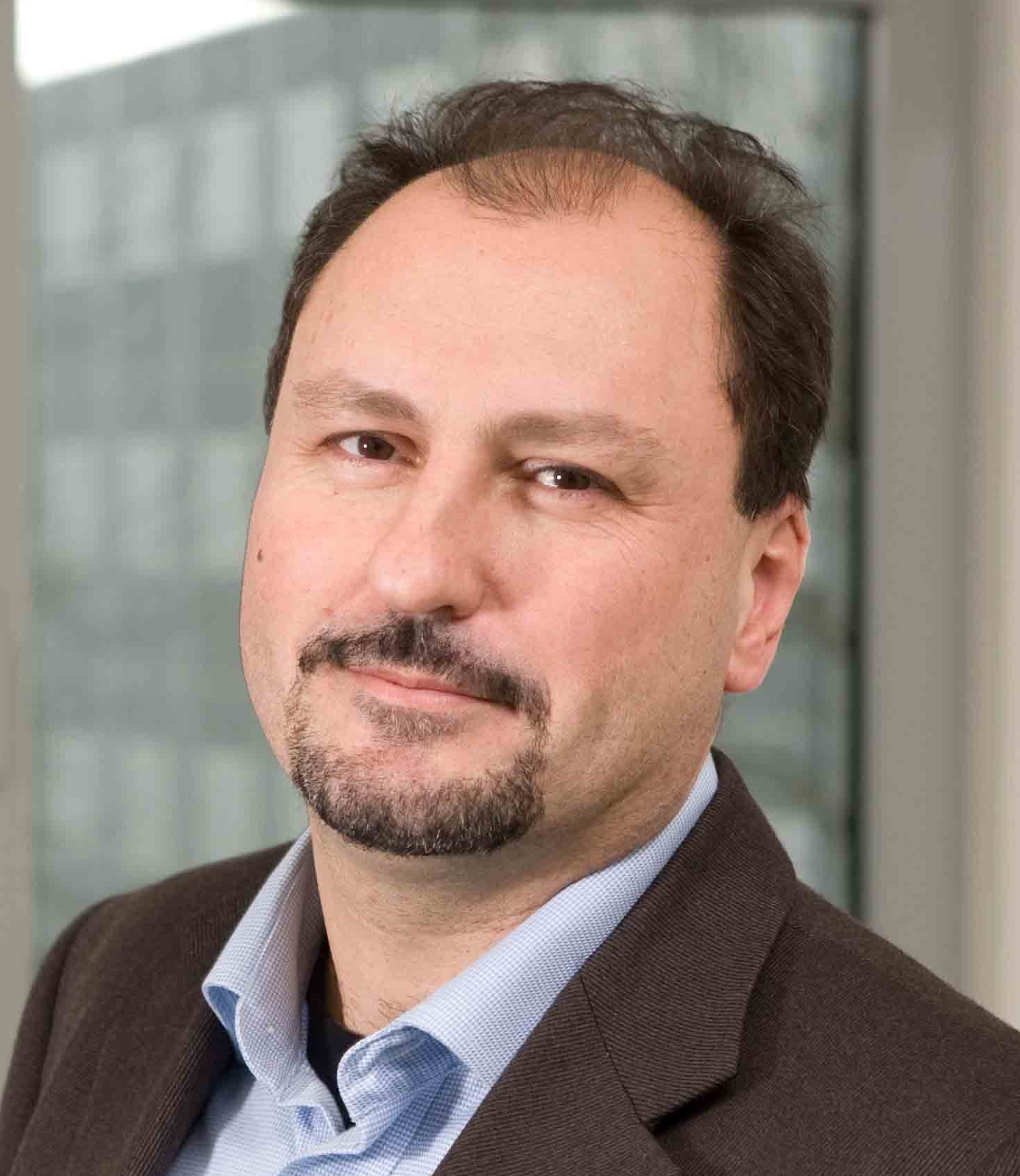List of Accepted Papers
Call for Papers
![]()
![]() Download one-page Call for Papers
Download one-page Call for Papers
(letter/A4) for easy posting on office
doors, bulletin boards, etc.
Workshop Motivation and Objectives
The Tenth International Model-Driven Requirements Engineering (MoDRE) workshop continues to provide a forum to discuss the challenges of Model-Driven Development (MDD) for Requirements Engineering (RE). Building on the interest of MDD for design and implementation, RE may benefit from MDD techniques when properly balancing flexibility for capturing varied user needs with formal rigidity required for model transformations as well as high-level abstraction with information richness. MoDRE seeks to explore those areas of requirements engineering that have not yet been formalized sufficiently to be incorporated into a model-driven development environment as well as how requirements engineering models may benefit from emerging topics in the model-driven community, such as flexible modeling or collaborative modeling. In the Digital World, RE modeling techniques may help better understand stakeholders and their environments. For MoDRE’s 10th edition, the plan is to take a critical look over the last ten years and establish a research agenda for the future by identifying new challenges, discussing on-going work and potential solutions, analyzing the strengths and weaknesses of MDD approaches for RE, fostering stimulating discussions on the topic, and providing oppor-tunities to apply MDD approaches for RE.
The workshop is co-located with the 28th IEEE International Requirements Engineering Conference (RE 2020) in Zurich, Switzerland, in August and September 2020. Accepted papers will become part of the workshop proceedings and will be submitted for inclusion into the IEEE Digital Library.
10th Anniversary of MoDRE
To celebrate the 10th anniversary of the MoDRE workshop series, this year's edition features a keynote talk by Betty H.C. Cheng, Professor at Michigan State University, a panel of former MoDRE keynote speakers, and a theme issue on Model-Driven Requirements Engineering in Springer's Software & Systems Modeling Journal.
Keynote Speaker - Betty H.C. Cheng:
"Applying Model-Driven Requirements Engineering to Manage Uncertainty for High-Assurance Self-Adaptive Systems: Lessons Learned and Research Challenges"
Betty H.C. Cheng is a Professor in the Department of Computer Science and Engineering at Michigan State University. Her research interests include self-adaptive systems, requirements engineering, model-driven engineering, automated software engineering, automotive cybersecurity, improving robustness and resiliency of learning-enabled systems, and search-based software engineering. These research areas are used to support the development of high-assurance autonomous systems that must continuously deliver acceptable behavior, even in the face of environmental and system uncertainty. Example applications include intelligent transportation and vehicle systems. She works extensively with industrial collaborators to explore research techniques for specifying and managing uncertainty in high-assurance systems.
Panel of Former Keynote Speakers: "10 Years of MoDRE"
The panelists - Pete Sawyer (MoDRE 2013 keynote speaker), Lionel C. Briand (MoDRE 2015 keynote speaker), Daniel Amyot (MoDRE 2016 keynote speaker), Martin Glinz (MoDRE 2017 keynote speaker), Julio Cesar Leite (MoDRE 2018 keynote speaker), and John Mylopoulos (MoDRE 2019 keynote speaker) - will look at past successes and failures of Model-Driven Requirements Engineering and propose a vision of research on MoDRE yet to be done. Among the questions to be discussed is what was the impact of automated model-driven engineering techniques that emerged in the 2000's on requirements engineering?
Theme Issue on Model-driven Requirements Engineering in Springer's Software & Systems Modeling Journal
All accepted workshop papers of this year's edition and previous editions will be invited to submit an extended version of their work to a theme issue on MoDRE to be published in Springer's SoSym Journal.
Overview of Workshop Format
The format of the workshop reflects the goals of the workshop: constructive feedback for accepted workshop papers, collaboration, and community building. The workshop will be highly interactive with a few paper presentations, a keynote presentation currently planned for the pre-lunch session, and plenary brainstorming and general discussion sessions. The discussion topics are chosen based on the specific interests of the participants. The short presentations and the results of the brainstorming and discussion sessions are posted on the workshop website after the workshop.
A group dinner in the evening of the workshop day offers further opportunities of community building and discussions.







